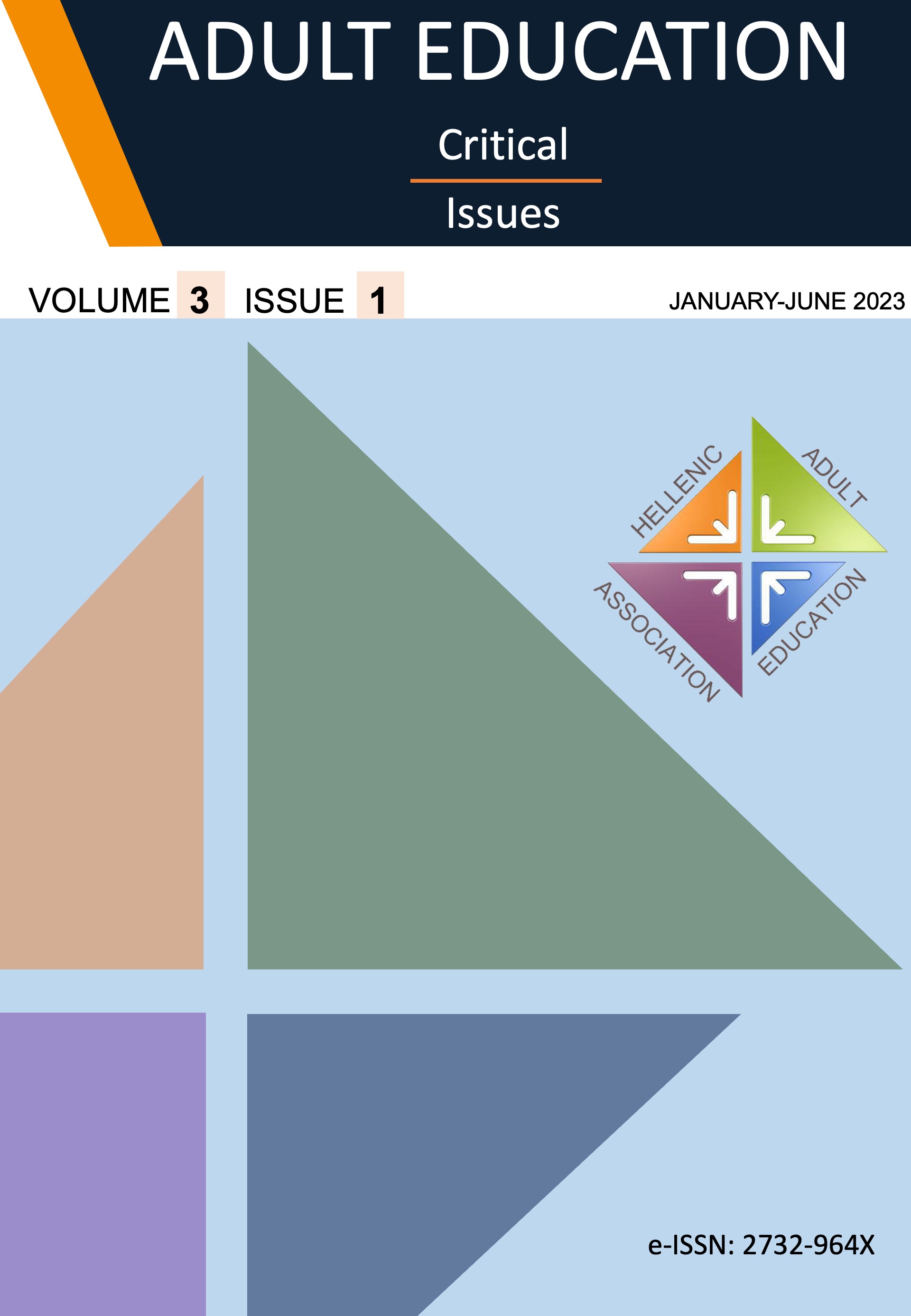The 2CHANCE model: Α proposal for scientific literacy in second chance schools and a supplementary case study upon a ‘dilemma’ in prison education

Abstract
In this paper we present a methodological implement for science teaching in a particular part of adult education, the Second Chance Schools. The resulting model is called 2CHANCE and has been developed to facilitate pre- and in-service adult educators in their science education work that creates the framework for adult learners’ scientific literacy and the conditions for transformative learning aiming at learners' participation in socio-political becoming and cultivation of critical thinking and awareness. It is a structured framework that (a) supports the selection of educational topics during the scheduling of a science course (b) assists the development of teaching activities for scientific literacy and (c) provides criteria for the evaluation of the teaching implementations.In addition, we present a supplementary case study on a ‘dilemma’ in prison education as an example of using the model.
Article Details
- How to Cite
-
Tzampazi, A., & Seroglou, F. (2023). The 2CHANCE model: Α proposal for scientific literacy in second chance schools and a supplementary case study upon a ‘dilemma’ in prison education . Adult Education Critical Issues, 3(1), 59–77. https://doi.org/10.12681/haea.31391
- Section
- Articles

This work is licensed under a Creative Commons Attribution 4.0 International License.
Authors who publish with this journal agree to the following terms:
- Authors retain copyright and grant the journal right of first publication with the work simultaneously licensed under a Creative Commons Attribution License that allows others to share the work with an acknowledgement of the work's authorship and initial publication in this journal.
- Authors are able to enter into separate, additional contractual arrangements for the non-exclusive distribution of the journal's published version of the work (e.g., post it to an institutional repository or publish it in a book), with an acknowledgement of its initial publication in this journal.
- Authors are permitted and encouraged to post their work online (e.g., in institutional repositories or on their website) prior to and during the submission process, as it can lead to productive exchanges, as well as earlier and greater citation of published work (See The Effect of Open Access).


